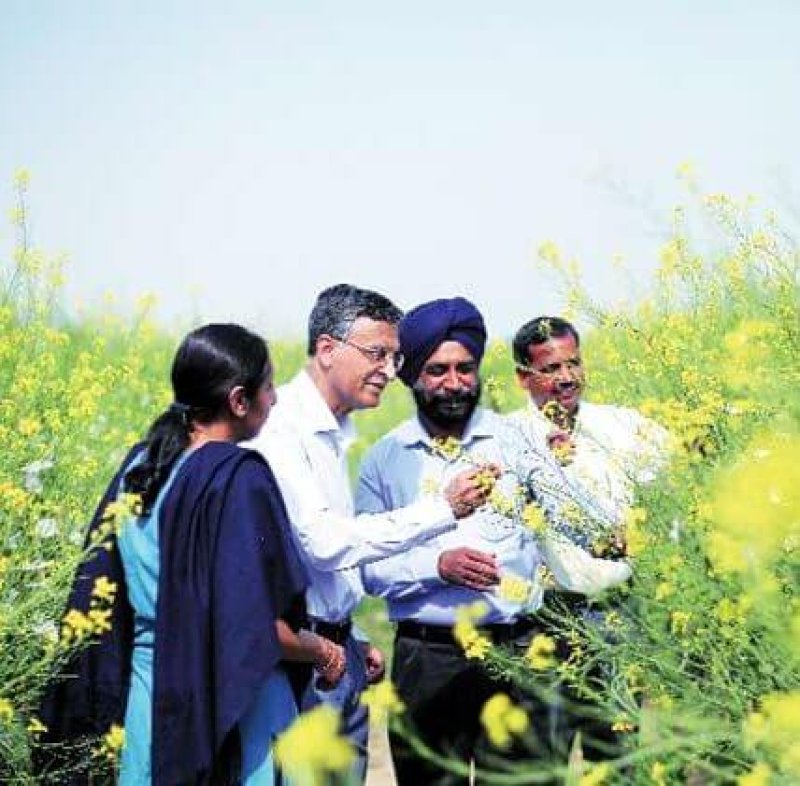India’s long-standing push to approve genetically modified (GM) food crops has been controversially delayed, after an environmental campaigner launched a lawsuit that accuses scientists of deceiving the public about the benefits of transgenic mustard.
…
[O]n 7 October, India’s Supreme Court agreed to hear a case brought by Aruna Rodrigues, an anti-GM campaigner who wants a moratorium on the crop’s approval until it undergoes an independent evaluation … Rodrigues says that both Pental and India’s regulatory authorities have exaggerated the benefits of transgenic mustard, and that non-GM mustard could be just as high-yielding. Tests overseen by the environment ministry’s Genetic Engineering Appraisal Committee (GEAC) didn’t pit the new crop against its best possible competitors, she says. She accuses Pental and the authorities of deliberate deception.
Deepak Pental, a plant geneticist at the University of Delhi who has led research into the crop, dismisses these criticisms. The trials were designed to test health and safety, he says, not to stringently compare yields against all competitors. It’s possible, he says, that non-GM varieties might produce higher yields than his first GM generation—but this hasn’t been tested.
…
No one knows when the Supreme Court will decide on Rodrigues’s complaints, says Kabir Dixit, a lawyer in Delhi—but India’s government has already agreed that it needs the court’s permission before it can approve the mustard’s commercial release.
The GLP aggregated and excerpted this blog/article to reflect the diversity of news, opinion, and analysis. Read full, original post: India’s First GM Food Crop Held Up by Lawsuit































